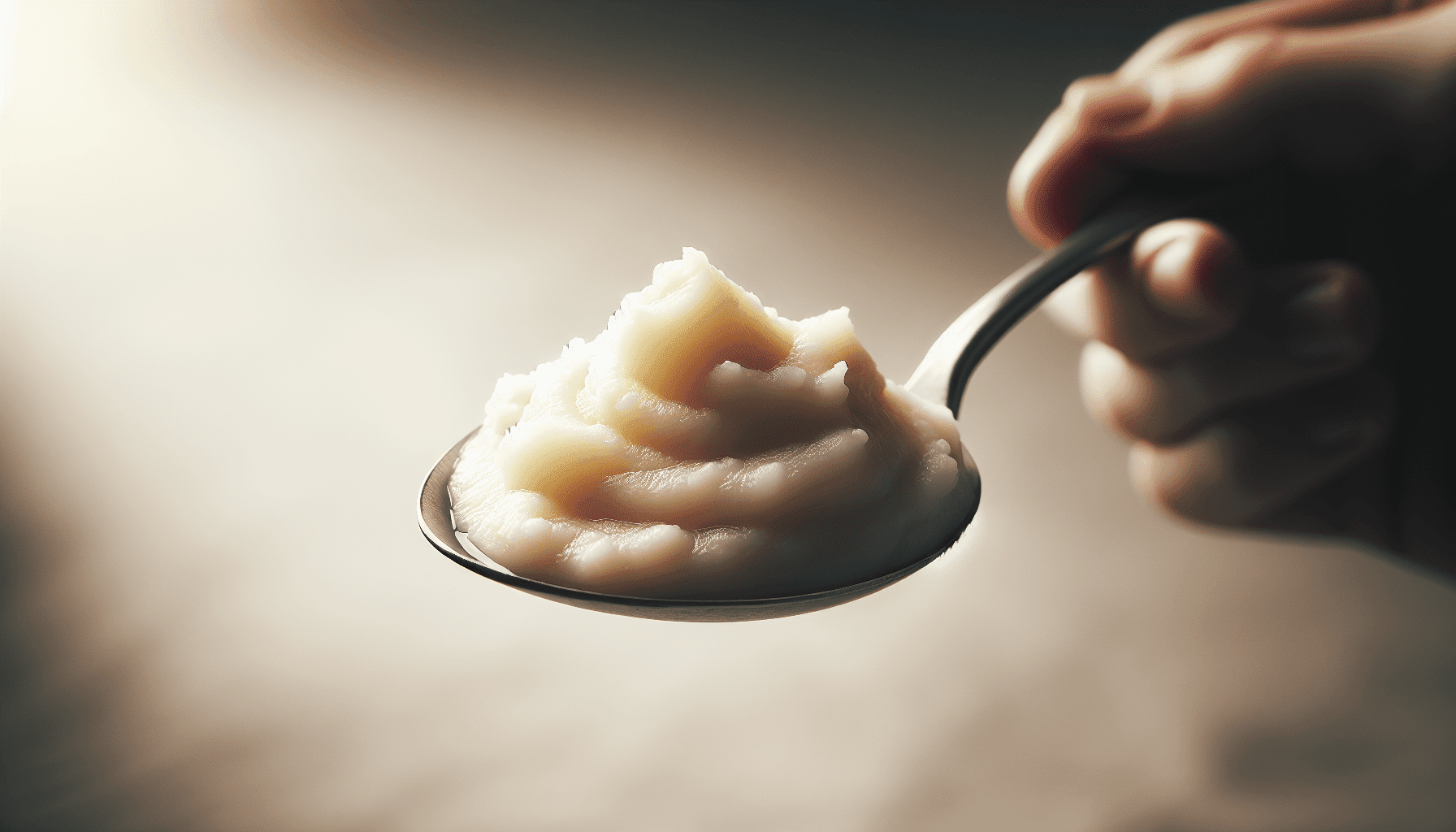Have you ever wondered why your dentist or oral surgeon gives you such specific dietary guidelines after your wisdom teeth extraction? Believe it or not, what you eat plays a significant role in how well and how quickly you heal.
Understanding Wisdom Teeth Extraction
Wisdom teeth, also known as third molars, generally appear in your late teens or early twenties. These molars can often become impacted, leading to swelling, pain, and sometimes infection. For this reason, many dental professionals recommend their removal.
What Does Wisdom Teeth Extraction Involve?
The extraction process usually entails a surgical procedure performed under local or general anesthesia. After the tooth is removed, you’ll have an open socket in your gum. This area is then stitched up to facilitate healing. The procedure itself can be uncomplicated, but the recovery process lasts several days and requires specific care to avoid complications like dry socket or infection.
The Importance of Diet in Post-Surgery Healing
Healing after wisdom teeth extraction isn’t just about resting and taking medications. Your diet plays a crucial part in how efficiently your body heals. Consuming the right foods can alleviate discomfort, reduce swelling, and speed up the healing process, while the wrong foods can cause delays and even lead to complications.
Why Diet Matters
Proper nutrition ensures that your body gets the necessary vitamins and minerals required for tissue repair. Proteins help to repair the surgical site; vitamins like Vitamin C and A bolster your immune system; and anti-inflammatory foods can reduce swelling and discomfort.
Best Foods to Eat After Wisdom Teeth Extraction
Choosing the right foods can make your recovery much smoother. These options not only provide essential nutrients but also are easy to consume without putting strain on your healing gums.
Soft Foods
Soft foods are gentle on your mouth and do not require extensive chewing, reducing the risk of irritating the extraction site.
| Food | Benefits |
|---|---|
| Mashed Potatoes | Smooth texture makes it easy to eat. Provides carbohydrates for energy. |
| Scrambled Eggs | High in protein, which is crucial for tissue repair. |
| Applesauce | Rich in vitamins and minerals. Its smooth texture makes it an ideal choice. |
| Soup | Hearty soups (avoiding any chunky ingredients) can be nourishing and hydrating. |
Liquid and Semi-Liquid Foods
Liquid and semi-liquid foods can be particularly beneficial in the first few days when chewing is uncomfortable.
| Food | Benefits |
|---|---|
| Smoothies | Packed with fruits and vegetables for vitamins. You can add protein powder for extra nourishment. |
| Broth | Hydrating and rich in minerals. Can help keep you full. |
| Yogurt | Contains probiotics which can help with digestion, especially if you’re on antibiotics. |
Hydration
Staying hydrated is pivotal for the healing process and helps to flush toxins from the body.
| Drink | Benefits |
|---|---|
| Water | Essential for hydration and overall health. |
| Herbal Tea | Can have anti-inflammatory properties. |
| Fruit Juices | Rich in vitamins but should be consumed sparingly due to high sugar content. |
Foods to Avoid After Wisdom Teeth Extraction
Equally important to what you should eat is knowing what foods to avoid. Some foods can cause irritation, dislodge blood clots, or introduce bacteria into the healing site.
Hard and Crunchy Foods
Hard or crunchy foods can impede healing and may get stuck in the extraction socket.
| Food | Reason to Avoid |
|---|---|
| Nuts | Hard and can easily get stuck in your gums. |
| Chips | Crunchy and may break into small pieces that can irritate the extraction site. |
| Raw Vegetables | Hard to chew and can cause pain and irritation. |
Spicy Foods
Spicy foods can cause irritation and slow down the healing process.
| Food | Reason to Avoid |
|---|---|
| Spicy Curries | Can lead to irritation and discomfort in the mouth. |
| Hot Sauces | May cause a burning sensation and hinder the healing process. |
Acidic Foods
Acidic foods can irritate your gums and the extraction site, slowing down healing.
| Food | Reason to Avoid |
|---|---|
| Citrus Fruits | Highly acidic and can cause discomfort. |
| Tomato-based Sauces | Acidic and can irritate the gums. |
Sugary Foods and Beverages
Sugary foods and beverages can increase the risk of infection by promoting bacterial growth.
| Food | Reason to Avoid |
|---|---|
| Soda | High in sugar and acidity, which can irritate the extraction site. |
| Candy | Often sticky or hard, both of which are bad for the healing process. |
| Desserts | While tempting, loaded with sugar that can delay healing. |
Timing and Portion Control
How frequently you eat and in what portions also matter. Eating smaller, more frequent meals can help you maintain energy levels without putting too much stress on your digestive system.
First 24-48 Hours
In the initial 24-48 hours, your diet should mainly consist of liquids and soft foods. This period is crucial for initial clot formation and minimizing irritation.
Day 3 to 7
From day three onwards, you can start introducing more semi-solid foods but continue to avoid anything crunchy, spicy, or acidic. Pay attention to how your body reacts and make adjustments as necessary.
One Week Post-Extraction
By the end of the first week, you can slowly start incorporating a more varied diet, but still avoid hard, crunchy, and spicy foods until you’re fully healed.
Conclusion
Your diet after wisdom teeth extraction plays a pivotal role in ensuring a smooth and quick recovery. By sticking to soft, nutritious foods and avoiding hard, spicy, and sugary options, you provide your body with the necessary nutrients for tissue repair and minimize the risk of complications. Remember to stay hydrated and listen to your body, making adjustments as needed.
Understanding what to eat and avoid can make a significant difference in your recovery experience. So, when you find yourself needing to have wisdom teeth removed, you’ll know precisely how to adjust your diet to support the healing process.



